Mali
After Mali's call for the United Nations to withdraw its MINUSMA troops, locals in Timbuktu are concerned for the city's future.
On the streets of Mali's famed city, customers in the market saunter between the stands, as noisy motorbikes pass by.
On the surface it seems like just another day in Timbuktu. Behind the scenes, though, many people are worried as Mali's ruling junta tussles with the UN over the future of its peacekeeping force in the country.
At a UN Security Council meeting last Friday, Mali's chief diplomat Abdoulaye Diop demanded the withdrawal of the UN's 15,000 personnel immediately, condemning what it called their "failure" to meet security challenges.
The demand comes as the mandate of the decade-old MINUSMA mission expires on June 30.
Security Risks
"MINUSMA helped to ease the grip on cities and avoid the siege situation that has happened in some places in northern Burkina Faso," said Jean-Herve Jezequel, a Sahel expert at the International Crisis Group (ICG) conflict NGO.
Before MINUSMA began its deployment in the area in 2013, Tuareg rebels, abetted by jihadists, destroyed many of Timbuktu's ancient mausoleums.
Today, the mosques in Timbuktu have been rebuilt and the city's hoard of priceless manuscripts are safely stored in libraries that have been rebuilt by MINUSMA.
The city and its environs are considered secure up to a radius of some 30 kilometres, but villages beyond that are under jihadist threat.
Salaha Aboudje, a Timbuktu teacher, said part of the problem lay with MINUSMA's operational parameters, which he said were too defensive.
"MINUSMA can improve by helping the Malian state to defend its territory instead of being a force of intercession. It should be a force of intervention," he said. "That said, should we be asking for it to leave? I'm not in favour."
In April, as the question of MINUSMA's mandate renewal arose, Timbuktu residents rallied for the mission to stay, citing the mission's various initiatives and projects in favour of its renewal.
Financial hit
For many locals, the loss of income from MINUSMA's withdrawal would be significant.
The mission employs thousands across the country, from analysts and translators to drivers and community mediators.
In a country where per capita income is typically no more than a couple of dollars per day, these jobs provide a bounty.
"From an economic viewpoint, [withdrawal] will leave a hole that nothing apparently can fill at this point," said Jezequel.




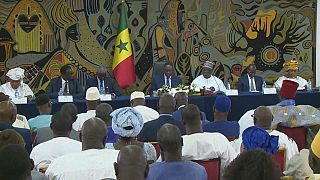
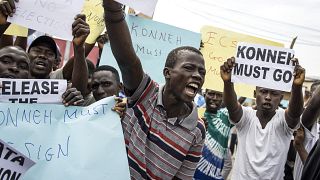
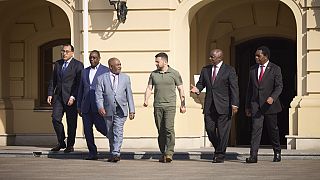
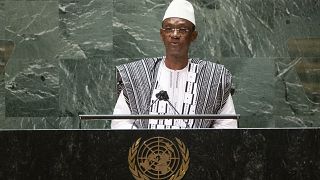
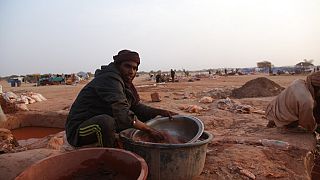
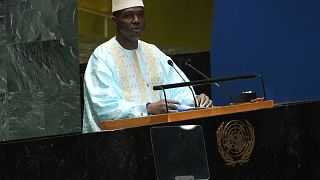


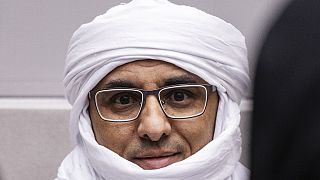
01:42
Niger: Conference in solidarity with the Alliance of Sahel States
02:09
Russia vetoes UN resolution calling for immediate cease-fire in Sudan
11:05
New era of sovereignty in Mali's gold sector [Business Africa]
01:07
Sudan keeps key aid crossing from Chad open to keep humanitarian aid flowing
01:58
Climate adaption: Unfulfilled pledges mean “lost lives and denied development” – UN chief
00:56
South Sudan's peace monitoring body meets to discuss election postponement